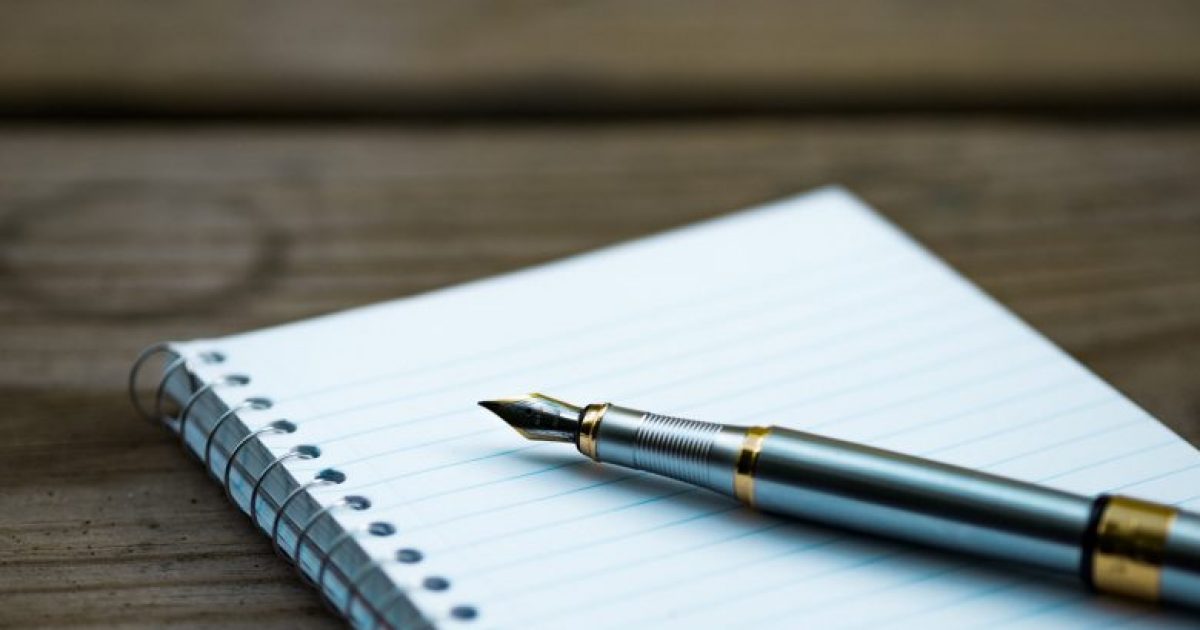By: Reuel Marc Gerecht and Ray Takeyh / The Wall Street Journal
Translation: Telegrafi.com
Nuclear talks between Iran and major powers are at an impasse again.
The apparent cause of the latest impasse is America's insistence that Iran's Islamic Revolutionary Guard Corps remain on the terrorist list.
But there is much more to this story.
Under Supreme Leader Ali Khamenei, the Islamic Republic is undergoing one of the most significant transformations since the theocracy began in 1979. The cleric who has outlasted and outmaneuvered all challengers since succeeding Ayatollah Ruhollah Khomeini in 1989 is changing seats.
His actions have caused popular protests and elite discontent.
In tense times, the clerical regime finds it difficult to respond to diplomatic initiatives.
He is kneeling.
Mr. Khamenei has long held a vision of Iran immune to foreign pressure.
He prefers to organize trade in what he calls a "resistance economy" in which the Islamic Republic reduces its dependence on oil revenues, disconnects from global markets and relies on domestic resources and demand.
"I strongly believe that the key and remedy for the country's problems lies in the promotion of domestic production", said Mr.
Khamenei, three years ago, a group of supporters.
"Those who seek to help from abroad, for the increase of production and for the economic situation, should know that the solution is the promotion of domestic production".
To keep Iran as a leading Islamic state, Mr.
Khamenei favors economic surgery.
Spending must be cut so that Tehran can better withstand foreign financial pressure.
Iran also needs to phase out the onerous subsidies that have long drained its coffers.
The Islamic Republic operates an elaborate welfare state that provides services and goods at cheap prices.
The clerical regime has often attempted to improve subsidies.
Past presidents have resisted deep cuts for fear of popular backlash.
But not even Ebrahim Raisi, a disciple of Mr.
Khamenei, who rose to the police state of the republic because of his zeal and ruthlessness.
President Raisi has reduced subsidies for wheat, flour and cooking oil.
More austerity measures are needed, especially on petrol subsidies which are generating protests from almost every sector of society.
What appears to be an authentic Revolutionary Guard document, discovered this year, warns that "society is in a state of explosion" and that "social discontent has increased by 300 percent over the past year."
The answer of Mr.
Khamenei is to free his security services and clean up the political system.
The latest housecleaning is not limited to "reformers" - it kicked them out of the body politic more than 20 years ago.
One of Iran's most provocative public intellectuals, Mostafa Tajzadeh — who is linked to first-generation revolutionaries and the Revolutionary Guard — is back in prison, possibly for life.
Even Hassan Rouhani, who has a long and rare history of animosity with Mr.
Khamenei has not been offered the usual courtesies accorded to former presidents, such as a seat on the Suitability Review Council which advises the supreme leader.
Mr. Khamenei has sidelined many conservatives who do not share his penchant for autarky.
traditional cultural conventions,
such as family over politics which have often shielded members of prominent revolutionary families from prosecution, are increasingly irrelevant.
The opposition bloc within the revolutionary elite is now much larger than the supreme leader's circle of loyalists.
This agreement does not encourage pragmatic decisions in foreign policy.
A parallel: in 2009, when the disputed presidential election in Iran provoked mass uprisings and divisions within the ruling class, the regime rejected Barack Obama's offers for dialogue.
Presidents Mahmoud Ahmadinejad, who held office until 2013, and Rouhani who succeeded him, wanted to hear what the Americans had to offer and encouraged the supreme leader to send emissaries to meet overseas with American officials.
Mr Khamenei has now banished both men – the first a revolutionary populist and the second one of the founding fathers of the theocracy and its intelligence service – to political purgatory
If the supreme leader's reformation succeeds and he builds a regime entirely run by his followers, then he will probably have little patience for Westerners offering carrots or sticks.
The whole purpose of the demanding and dangerous enterprise of Mr.
Khamenei is to give the Islamic Republic autonomy in its own elections.
It is a reasonable guess that Mr.
Khamenei, who has overseen the nuclear weapons program since it became a serious topic in the 1990s, will decide to build a bomb before the arrival of a new US administration.
For a long time, American presidents of both parties have hoped that diplomacy would avoid difficult choices for Iran.
Democratic Washington still wants to pretend it has time for another round of productive diplomacy.
Republican Washington still wants to believe that reinstating tougher sanctions and the "credible" threat of force would somehow solve the problem.
Unfortunately, Mr.
Khamenei has the deciding vote;
he doesn't seem inclined to cooperate.
/Telegraph/
